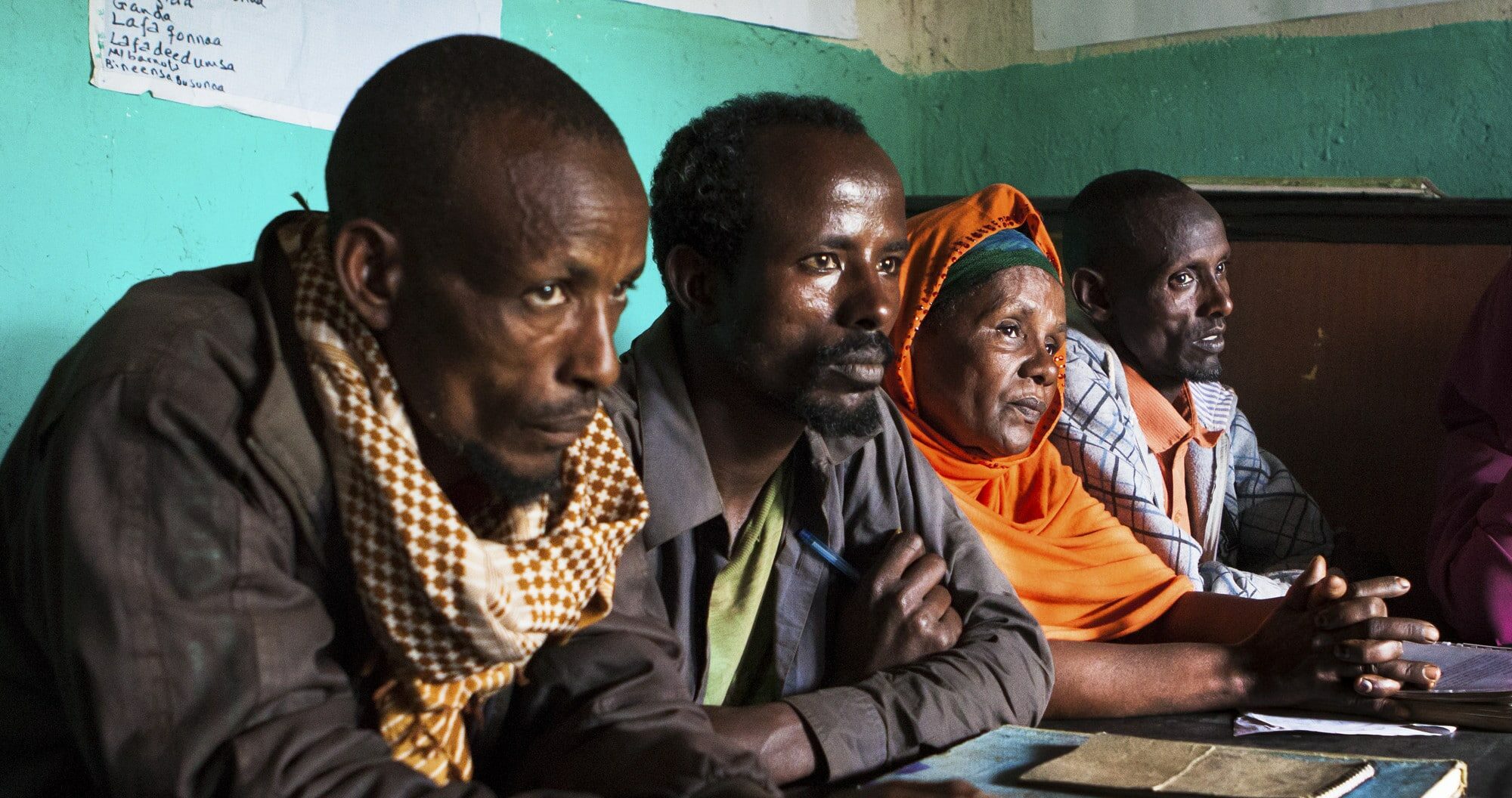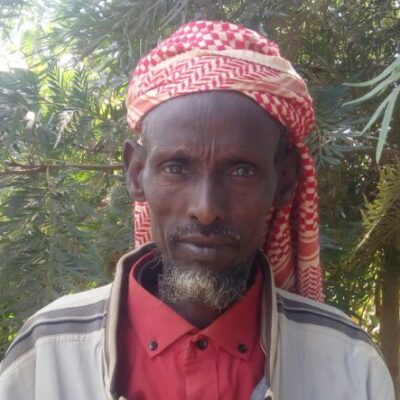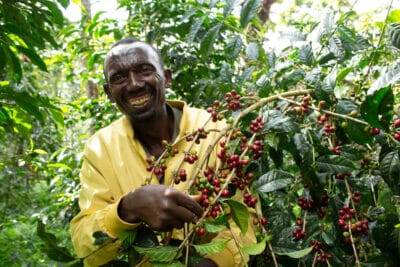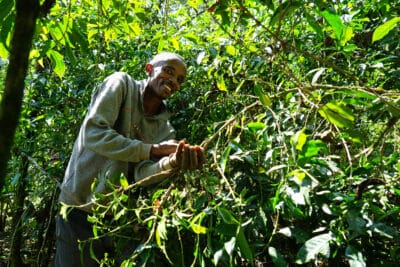Stories
Ethiopia
12 August 2022
Saving the forest pays the community back

Since 2012, Farm Africa and SOS Sahel Ethiopia have supported a REDD+ mechanism in the Bale Eco-region in the Oromia region of Ethiopia that lowers greenhouse gas emissions by reducing deforestation, while also boosting the livelihoods of local communities living in poverty.
Birbirsa participatory forest management cooperative (PFMC) is one of 64 cooperatives supported by the REDD+ project. Since it was set up in 2007 with support from Farm Africa and SOS Sahel Ethiopia, the cooperative has been managing 4,744 hectares of forest land in Chiri kebele of Delo Mena woreda.
Attracted by the cooperative’s main aims of saving natural resources and earning an income from forest-friendly businesses, membership of the cooperative has grown from 76 to 960 people over the last ten years.
The cooperative has become one of the effective entities in reducing carbon emissions by reducing deforestation and degradation.
4,744
Since 2007, the cooperative has managed 4,744 hectares of forest land.
Income from REDD+ carbon credits earned by reducing deforestation has further increased the motivation among cooperative members and other members of the community to strengthen their forest management.
It has also enabled the cooperative to build a grain store and start a business selling maize bought from areas more than 400km away to the local community at reasonable prices.
The cooperative is proud of its significant achievements, particularly the reduction in deforestation and carbon emissions achieved.
"Farm Africa and SOS Sahel has facilitated us, the government and the community, to manage our forests bilaterally. They supported us to set up cooperatives and equipped us with skills through training. The project helped us share experiences of groups in the other parts of the country."

Aliyi Jilo
Former chairperson of Birbirsa PFMC and current leader of cooperative managing committee.
Birbirsa PFMC started its work conducting baseline monitoring of the forest in their identified area. The monitoring activity included types of trees grown, trees in great danger and trees that need special protection to be kept for the next generation.
“The greatest success we have achieved is the attitudinal change developed among us, taking care of our forests. The sense of ownership has been well established among us and we are discharging our responsibilities, not expanding farming lands and coffee plantations inside forests,” said Mr Aliyi Jilo.






